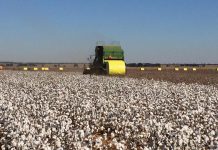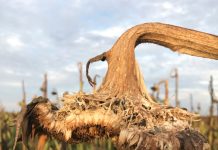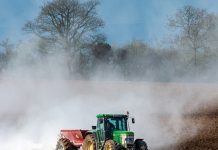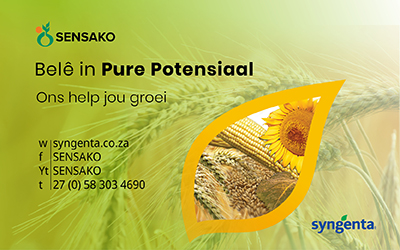

Dr Godfrey Kgatle, research coordinator, Grain SA
 Pfano Musetsho, research coordinator intern, Grain SA
Pfano Musetsho, research coordinator intern, Grain SAWeeds are a growing, relentless threat to grain producers across South Africa. Competing for essential resources like water, nutrients, and sunlight, weeds such as Amaranthus, Lolium, and Conyza species are drastically undermining yields, raising costs, and reducing farm profitability.
With herbicide resistance on the rise, traditional control methods are rapidly losing effectiveness, and the battle to protect crop productivity has become a pressing concern. In response, Grain SA’s research team hosted a pivotal Weed Science Day in June 2024, bringing together experts, producers, and government officials to address the escalating challenges of weed management and herbicide resistance. The event highlighted the need for a multi-faceted, collaborative approach to safeguard the future of food production in South Africa. The message was clear: urgent action is required to protect our industry from this growing threat.
Focus areas for tackling weed challenges
In response to the urgent need for a strategic approach, Grain SA, in collaboration with industry experts, identified four key focus areas that will form the foundation for a comprehensive Weed Science Platform:
- Surveillance and monitoring
- Extension and education
- Management through production practices
- Regulations
These areas offer a framework for concerted action to address the growing weed problem and its implications for grain farming.
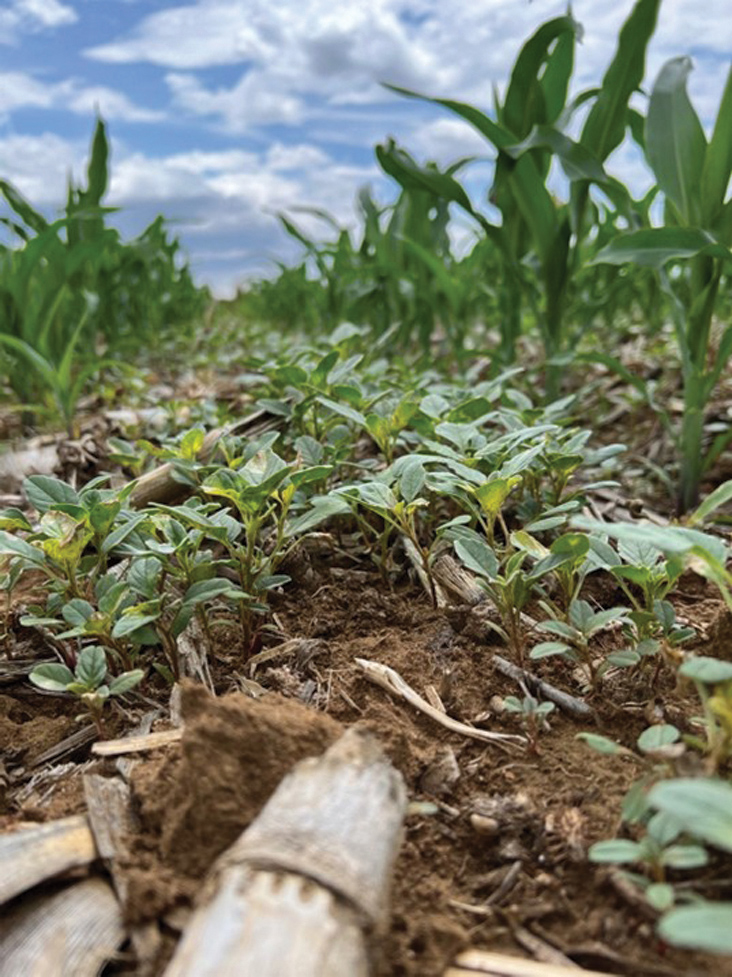
(Photo: Prof Juan Vorster)
1. Surveillance and monitoring
One of the most pressing challenges in weed management is the lack of comprehensive and coordinated surveillance. While producers and chemical companies often report problems with herbicide resistance, there has not been a systematic approach to monitoring weed populations on a national scale. The surveillance systems that do exist are often reactive rather than proactive, and they depend heavily on reports from individual producers or industry alerts.
To address this, Grain SA has initiated discussions on creating a more coordinated monitoring system. Ideas such as simplified graphical checklists for producers and digital platforms that map weed distribution in real time are gaining traction. These tools will enable producers and industry stakeholders to easily report weed problems, contributing to a clearer national picture of where weeds are causing the most damage. Collaboration with chemical companies, researchers, and local farming representatives will be key to ensuring that these surveys are successful and impactful.
2. Extension and education
Education plays a crucial role in managing weed resistance. It is not enough to simply research new herbicides or alternative management methods; there must also be a concerted effort to ensure that producers have access to the latest information and tools for effective weed management. Extension services and educational programmes need to be more robust, with a focus on providing practical solutions to producers at all levels of experience.
During the discussions, the need for accessible educational resources that address key issues in weed management, such as articles, videos, and workshops was emphasised. Topics like the risks of tank mixtures, the implications of herbicide resistance, and the safe and efficient use of chemicals were highlighted as critical areas for communication.
3. Management through production practices
Effective weed management goes beyond chemical control. It requires integrating multiple strategies to reduce weed pressure and prevent resistance. One key area of focus is the adoption of practices such as crop rotation, cover cropping, and integrated pest management (IPM). These approaches not only help to reduce the reliance on herbicides but also improve soil health and overall farm sustainability.
A promising management strategy is harvest weed seed control (HWSC), which has gained traction in countries like Australia. HWSC aims to reduce weed seedbanks by targeting weed seeds at harvest time. This technique has shown significant potential in reducing the spread of herbicide-resistant weeds like ryegrass.
4. Regulations
Effective regulation is key to managing herbicide resistance, and Grain SA is committed to working alongside government to ensure that appropriate regulatory frameworks are in place. While South Africa has established guidelines for herbicide use, there is a need to ensure that these regulations are continually updated in line with emerging challenges, including herbicide resistance and new technologies like drones.
While drones offer many advantages, including lower carbon footprints and more precise herbicide applications, they also raise concerns about the over-application or under-application of chemicals, potentially exacerbating resistance. Clearer regulations and guidelines regarding drone usage will be needed to ensure that they are used in ways that do not contribute to resistance.
Ongoing research and new initiatives
Building on the discussions at the Weed Science Day, Grain SA has initiated two important research projects to address specific issues related to weed management. The first project, led by Dr Juan Vorster from the University of Pretoria, focuses on investigating the origins, spread, and herbicide resistance profiles of Amaranthus palmeri (palmer amaranth) in South Africa. This aggressive weed, first identified in South Africa in 2018, has shown varying resistance to herbicides across different regions. The research aims to trace the genetic origins of the weed, track its spread, and develop more effective management strategies to curb its impact on grain farming.
The second project, led by Charné Viljoen from Stellenbosch University, examines the feasibility and effectiveness of HWSC in the Western Cape’s grain-producing regions. This project focuses on ryegrass (Lolium spp.) and aims to develop more sustainable farming practices by reducing weed seedbanks at harvest time. The research will also explore the economic viability of HWSC methods and offer practical recommendations for integrating these techniques into local farming systems.
Both projects are part of a broader effort by Grain SA to provide producers with the data, tools, and strategies they need to tackle herbicide resistance and improve their weed management practices.
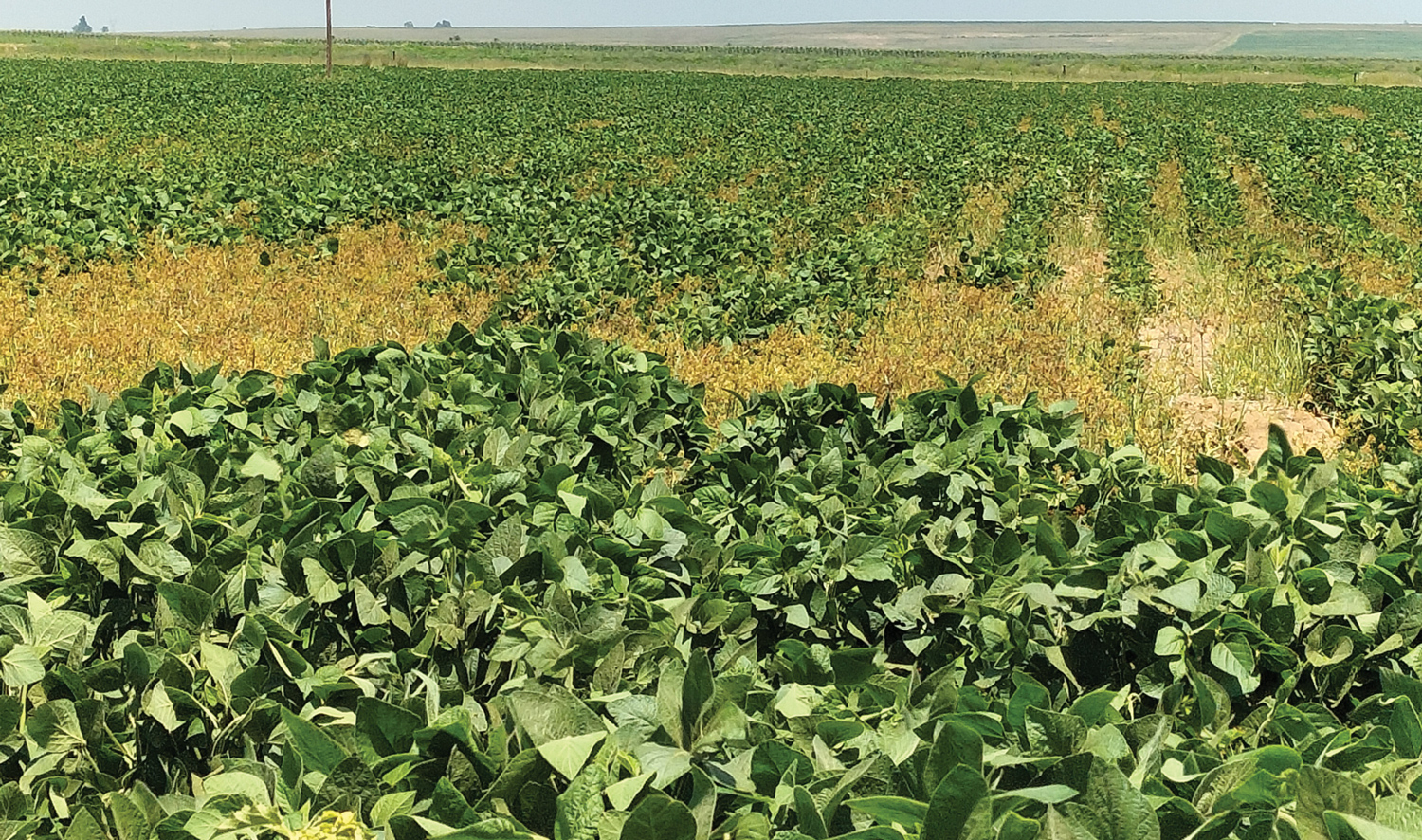
(Photo: Maryke Craven)
The way forward: a unified weed science platform
As South African grain producers confront the growing threat of herbicide-resistant weeds, the establishment of a unified Weed Science Platform is vital for long-term success in weed management. This collaborative hub will bring together researchers, government, the private sector, and producers to share resources, research, and strategies. By enabling real-time communication, it will ensure that producers have access to the latest context-specific advice while tracking the spread of resistance. Grain SA is committed to advancing this platform in partnership with key stakeholders, driving innovation, and equipping producers with the tools they need to combat weed challenges. By uniting as an industry, we can safeguard the future of grain farming in South Africa, ensuring the sustainability and resilience of our agricultural systems.
Contact Lavinia Kisten (083 273 0709 or lavinia@grainsa.co.za) to get in touch with the research community for advice or resistance screening.





